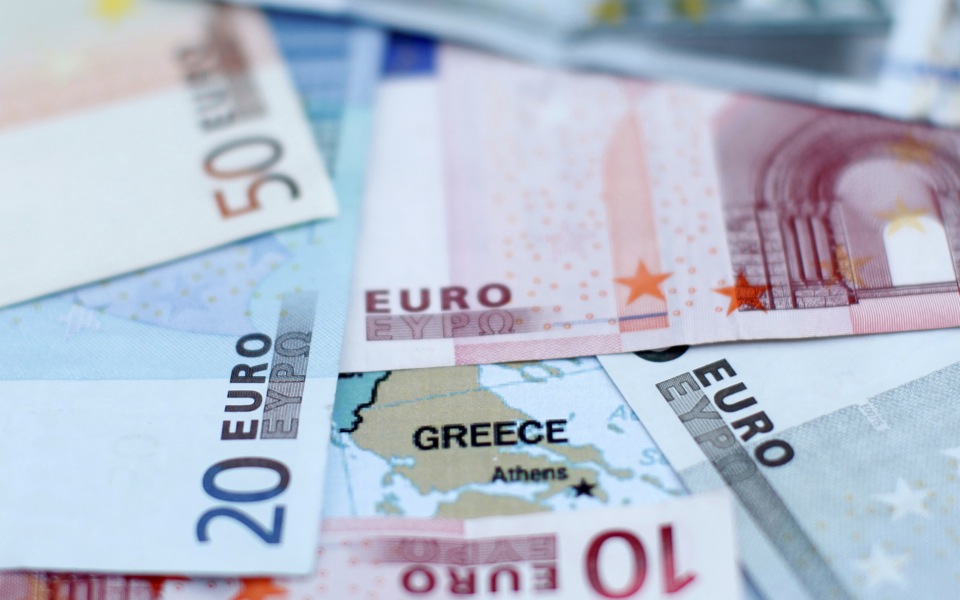ESM agrees 86-billion-euro bailout deal for Greece

Euro-area finance ministers signed off on a bailout program for Greece of as much as 86 billion euros ($95 billion), paving the way for the nation to pay its bills and begin to rebuild its economy.
Greece is due to receive a first installment of funds from the European Stability Mechanism on Thursday, in time to pay the European Central Bank and clear its arrears with other creditors. Finance ministers approved the bailout deal on a Wednesday conference call.
“The Greek government is bound to implementing this wide-ranging reform package with determination and we will monitor the process closely,” said Dutch Finance Minister Jeroen Dijsselbloem, who leads the group of euro-area ministers. “It’s not going to be easy. We are certain to encounter problems in the coming years but I trust we will be able to tackle them.”
The aid deal comes after months of negotiations and legislative fights in Greece and in creditor nations. Lawmakers in Germany and the Netherlands signed off on the plan earlier Wednesday, after German Chancellor Angela Merkel and Dutch Prime Minister Mark Rutte fought off domestic opposition to push the bailout through.
Greece is due to receive 13 billion euros on Thursday and another 10 billion euros will go into a segregated ESM account that is available for bank recapitalization. A separate 3 billion euros is slated to be disbursed by the end of November.
Budget flexibility
The International Monetary Fund will review whether to contribute money to Greece later this year when European authorities will also assess the nation’s progress in meeting its commitments. The euro area also plans to evaluate debt relief options for Greece at that time.
“It’s done, after hard work,” Martin Selmayr, chief of staff for Commission President Jean-Claude Juncker, said in a Twitter message after the deal was approved. “New stability support for Greece agreed by whole euro area.”
Commission Vice President Valdis Dombrovskis signed the deal on behalf of the EU. The bailout agreement also will be signed by Greek Finance Minister Euclid Tsakalotos and ESM chief Klaus Regling, the ESM said in a statement.
Greece will use the aid funds for budgetary expenditures, arrears clearance and the build-up of cash buffers, debt servicing, and banking sector recapitalization, the Luxembourg- based ESM said. The amount of ESM assistance will depend on the IMF’s contribution, on when Greece can again tap financial markets and on the proceeds from Greece’s privatization fund.
The deal “features long-needed pension and tax reforms, structural reforms to stimulate growth and investment, a strengthened privatization program” and more efficient public administration, Regling said. “The ESM will make these reforms possible by ensuring financing for the Greek government at conditions that give it budget flexibility, while also providing a buffer for the Greek banking sector.”
[Bloomberg]





